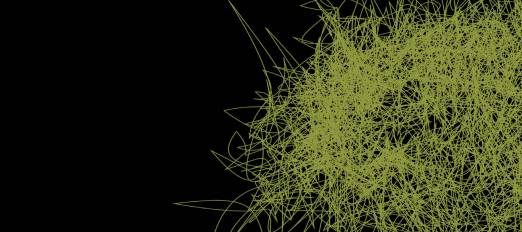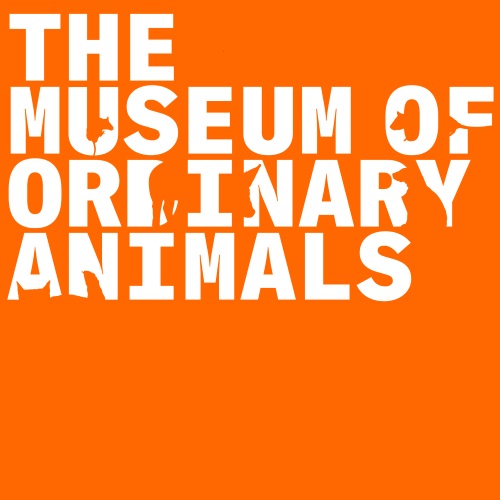Grant Museum of Zoology
21 September to 22 December 2017
Exhibition
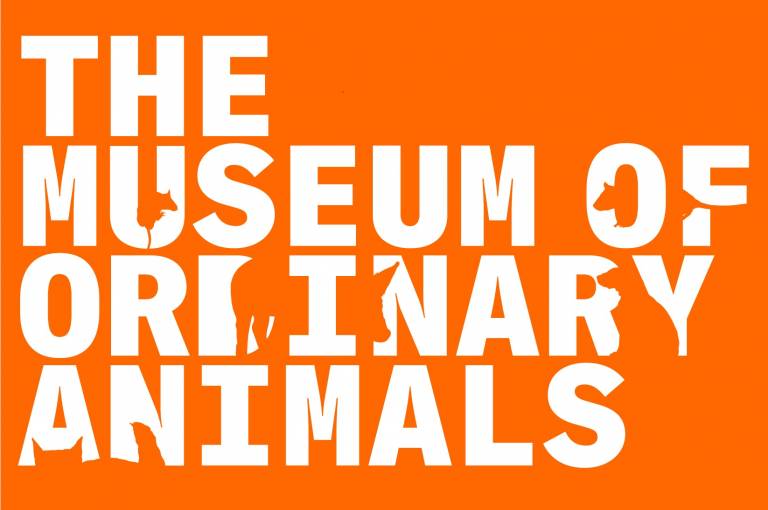
This exhibition tells the story of the boring beasts that have changed the world: the mundane creatures in our everyday lives including dogs, pigeons, cats, cows, chickens and mice. These animals are rarely represented in natural history museum displays. They are not special enough. People would rather see dinosaurs, dodos and giant whales.

Domestic dog skulls © UCL Grant Museum of Zoology & Oliver Siddons

The Return from the Stag Hunt, 1848, Edwin Landseer (1802-1873) © UCL Art Museum & Oliver Siddons
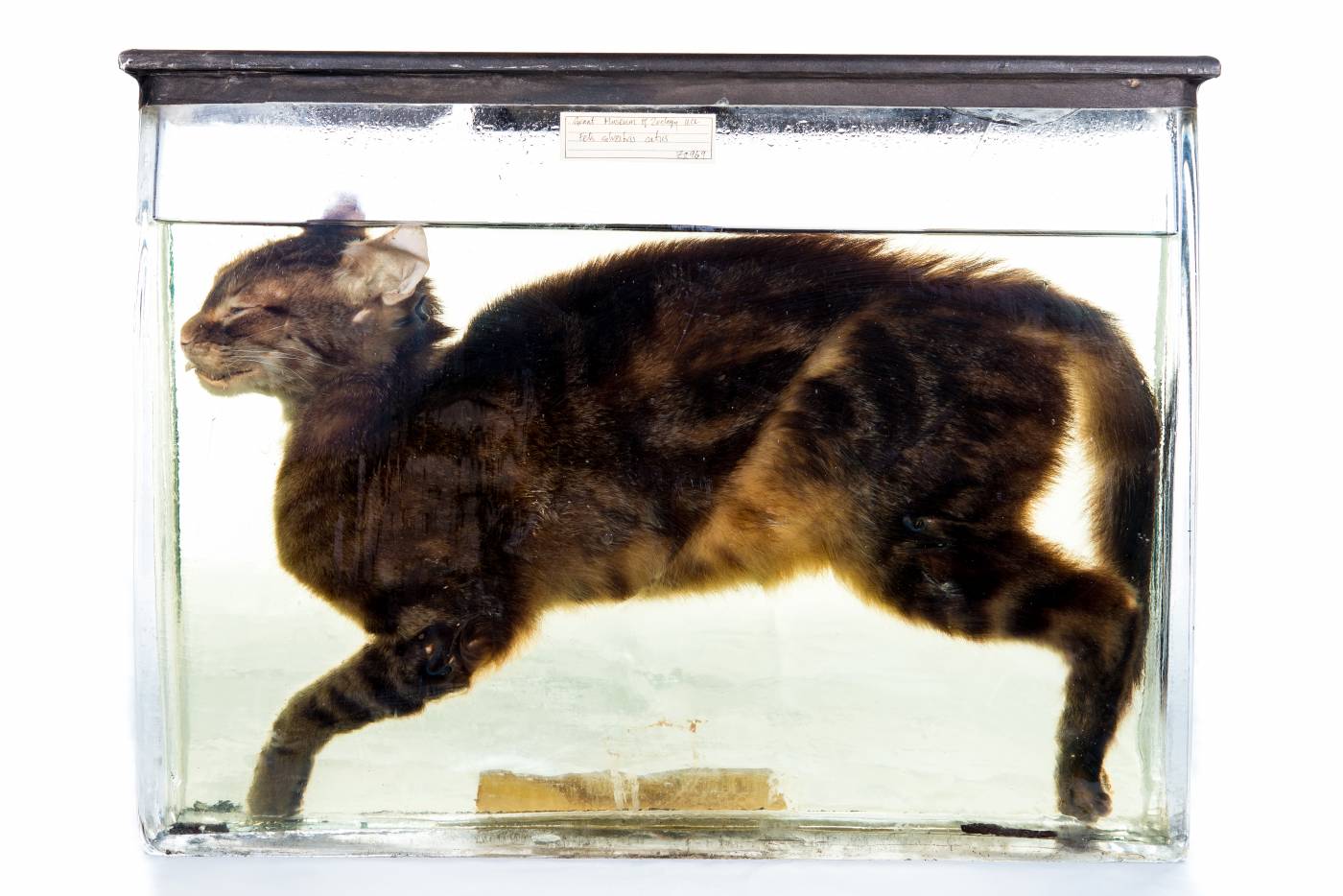
Preserved domestic cat © UCL Grant Museum of Zoology & Oliver Siddons

Lab strain mice skins (c.1960s) © UCL Grant Museum of Zoology & Oliver Siddons

House mice skeletons © UCL Grant Museum of Zoology & Oliver Siddons

Taxidermy chicken © UCL Grant Museum of Zoology Jazmine Miles-Long

Egyptian cat mummies © UCL Petrie Museum of Egyptian Archaeology & Oliver Siddons
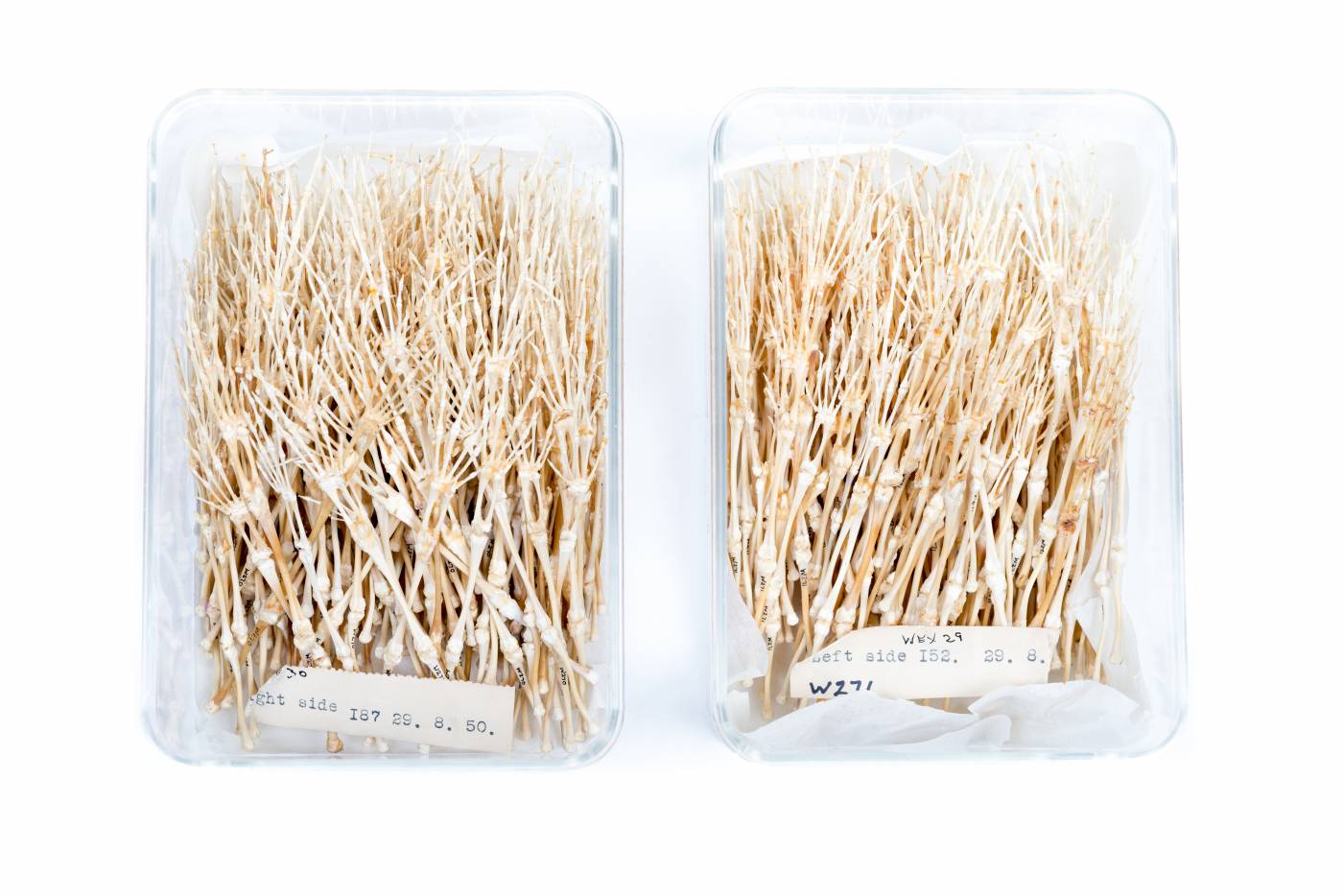
Frogs legs © UCL Grant Museum of Zoology & Oliver Siddons
However, The Museum of Ordinary Animals puts these everyday species front and centre. It investigates some of the profound impacts they have had on humanity and the natural world, where they came from, and the extraordinary things we have learned from them. We have invited them into our homes as pets; their role in our diets has changed us biologically; they are critical to modern medicine and they hold huge symbolic value in many cultures. The success or failure of civilisations has depended on their Ordinary Animals.
The Museum of Ordinary Animals gives these commonplace creatures a chance to tell their stories. It begins by asking where ordinary animals came from, followed by the exploration of the themes of Ordinary Animals in culture, in science and in the environment.










Ordinary Animals are everywhere, and these topics are endless. With objects from the world of archaeology, art, zoology and the history of science, the exhibition features stories from cutting-edge research taking place at University College London in order to investigate these themes. Exhibits include a wall of 4000 mice skeletons, Egyptian cat mummies, and what may be the world’s oldest veterinary text.
Events
What does our relationship with Ordinary Animals tell us about ourselves? Through discussions, a late opening, a comedy night and offsite events The Museum of Ordinary Animals events programme looked at how boring beasts shape our relationship with the natural world.
Let’s Talk About….
Discussion
'Ordinary Animals' are rarely talked about. However, the species we encounter every day on our plates, on our laps and on our streets have profound stories to tell. The human and natural worlds have been dramatically changed by these animals. For millennia, the human story has been intertwined with their stories.
Join us for a series of talks, each focusing on a different 'Ordinary Animal'. Share your own experiences of these boring beasts and hear from people who study, care for and work with 'Ordinary Animals'.
Dogs
Wednesday 18 October, 1.30-2.30pm
Join us for as we focus on an Ordinary Animal that has been part of the human story for 32,000 years, dogs. We’ll be discussing the origin of our relationship with dogs, the role of dogs in our contemporary society and how dogs are helping in cancer detection.
Rats
Wednesday 22 November, 1.30-2.30pm
Join us for as we focus on an Ordinary Animal that has something of a reputational issue, rats. We’ll be hearing from one of the 2.5 million rat owners in the UK, looking at what happened when we took rats across the globe and attempting to understand why rats are so disliked.
Sheep
Wednesday 6 December, 1.30-2.30pm
Join us for as we focus on an Ordinary Animal that is ubiquitous across Welsh landscape, sheep. We’ll be hearing from a sheep farmer, a performing arts company and a researcher who is investigating how sheep acquire new knowledge and what that means for their welfare.
(Ordinary) Animal Showoff
Comedy
Thursday 26 October, 6.30-9pm
Forget the leviathans hanging from ceilings or the long extinct dinosaurs or the gargantuan crabs for one night only we are celebrating the over-looked, the underwhelming, the animals you don't come to natural history museums to see.
Join us to find the funny side of the boring beasts that changed our world with (Ordinary) Animal Showoff. With Steve Cross as your host we've invited animal fans to take to share their love of mundane animals.
Is it OK to be a Cat Guy?
Discussion
Thursday 16 November, 7-9pm
Throughout history, have some species been more associated with manliness or femininity? Cats had particularly been linked with women, while more “outdoor” animals like dogs were the pet of choice for men. However, as more men are increasingly flaunting their affinity for kitties, how does our relationship with pets relate to our gender identity and gender stereotypes? Join us as we ask is it ok to be a cat guy?
Caring for Ordinary Animals
Offsite visit
Wednesday 8 November, 12-4pm
Having created Ordinary Animals we were charged with looking after them. Join us as we go behind the scenes of the world's longest established vet school, the Royal Veterinary College (RVC).
We'll have the chance to meet clinicans at Europe's largest small animal hospital, the Queen Mother Hospital for Animals, and discover more about the work of their Farm Animal Clinical Facilities caring for Ordinary Animals.
Cats Broke the Internet
Late opening
Friday 1 December, 6.30-9pm
One Ordinary Animal more than any other reigns supreme on the World Wide Web: cats. Small cats, big cats, grumpy cats, LOLcats. With the two million cat videos on YouTube being viewed a staggering 26 billion times, cats own the internet. Join us for a feline-themed late opening with cat-inspired audio cinema, discussions investigating how cats became so influential and special cat video screenings.
People behind The Museum of Ordinary Animals
The exhibition was curated by Jack Ashby (Grant Museum of Zoology, part of UCL Culture)
Graphic design by Boyle&Perks
Contributing researchers:
Alan Bates (UCL Pathology)
Dr Wendy Birch and Laurence Clarke (UCL Anatomy Lab)
Professor Tim Blackburn, Professor Steve Jones, Liisa Loog,
Professor Judith Mank and Professor Mark Thomas (UCL Genetics, Evolution and Environment)
Dr Brendan Clarke (UCL Science and Technology Studies)
Subhadra Das (UCL Science Collections)
Dr Lazaros Foukas (UCL Institute of Healthy Aging)
Katrina Holland (UCL Anthropology)
Dr Matilda Holmes, Dr Louise Martin Professor Stephen Shennan (UCL Institute of Archaeology)
Professor Michael J. Reiss (UCL Institute of Education)
George Richards (UCL Art Museum)
Dr Kathleen Walker-Meikle (UCL History)
 Close
Close


